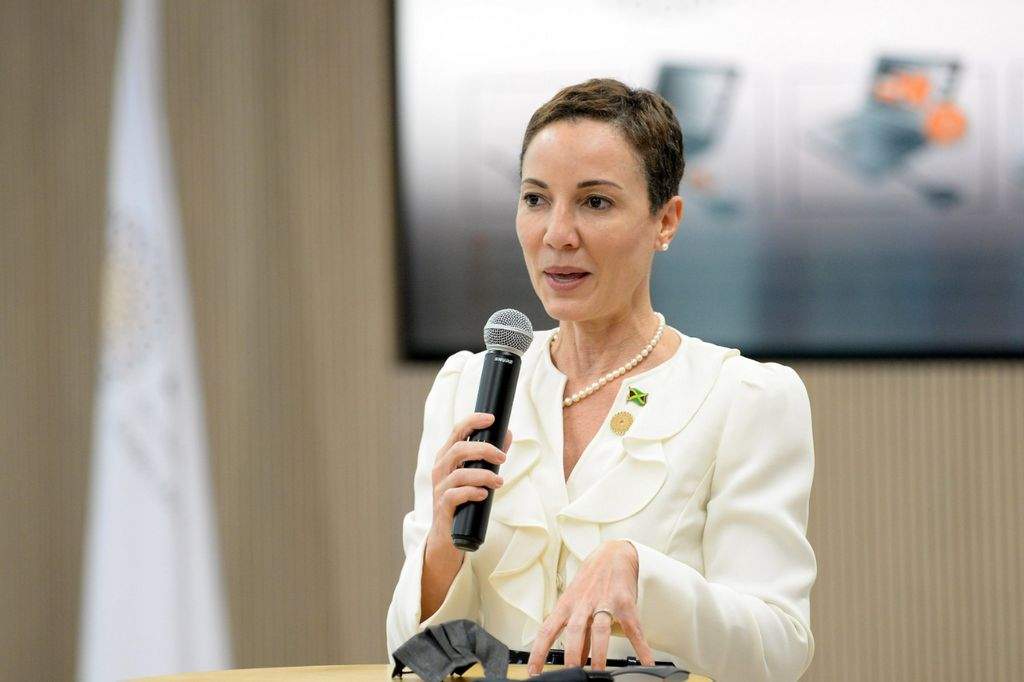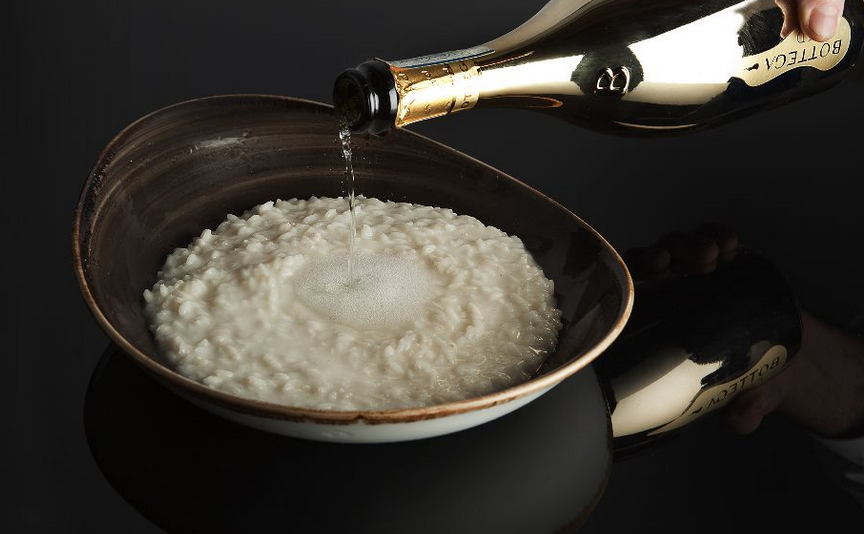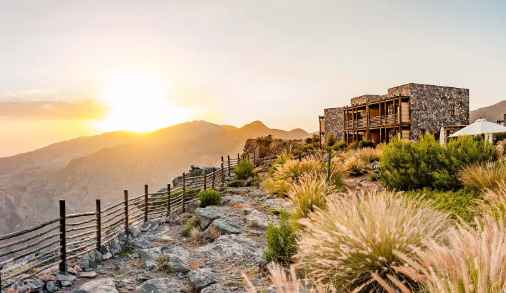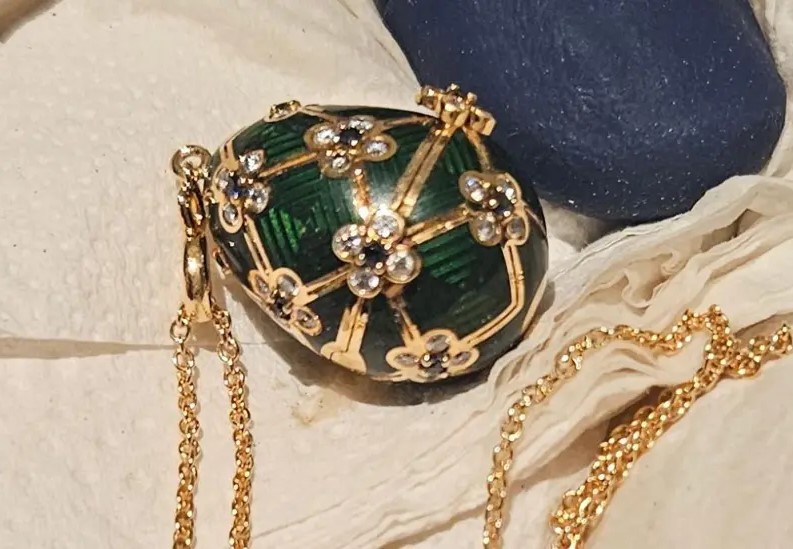After leading the official delegation attending Jamaica’s Expo 2020 Dubai National Day on Friday, Senator Hon Kamina Johnson Smith, Jamaica’s Minister of Foreign Affairs and Foreign Trade, took time out of her busy schedule to talk about her country’s promising future.
Senator Johnson Smith is an Attorney-at-Law who worked previously in private practice and as corporate in-house counsel.
She holds a Bachelor of Arts in French from The University of the West Indies (Mona), a Bachelor of Laws from The University of the West Indies (Cave Hill) and a Master of Laws in Commercial Law from the London School of Economics and Political Science. She is a graduate of the Norman Manley Law School where she was valedictorian and the recipient of awards in Legal Remedies and Advocacy.
Senator Johnson Smith is Jamaica’s first female Minister of Foreign Affairs and Foreign Trade and the first born after the nation’s independence. As Foreign Minister, Senator Johnson Smith has represented Jamaica and the region at numerous bilateral, regional, hemispheric and international fora.
She has re-affirmed Jamaica’s commitment to multilateralism and a principle-based foreign policy, ensuring that it is pursued in alignment with Jamaica’s national development goals and the country’s role as a good global citizen.
Can you tell us more about Jamaica’s Global Logistics Hub Initiative, which seeks to capitalise on the trade opportunities following the expansion of the Panama Canal? Apart from the expansion of the Panama Canal, Jamaica expanded its port, we dredged our harbour to ensure that the centuries of deposits were removed, allowing us to ensure that we had we could accept post-Panamax vessels.
And what this has done is make use of our proximity to all global shipping lines, as well as our aviation routes, which connect us from a central point in North and South America, as well as to eastern and western parts of the world. Our vision is to connect more with this region.
So we think that there are lots of opportunities, if we were able to leverage direct flights from the Middle East, possibly from Dubai, which could allow Jamaica to serve as a hub for the region.
What's the role of Jamaica’s Special Economic Zone Authority in this? The Special Economic Zone Authority is the body that's been established by legislation to grow our special economic zones.
So, we started with free zones and we're now expanding the concept. And one of the things we're doing is partnering with the World Free Zones Organisation that's based right here in Dubai to host its eighth annual International Conference and Exhibition in Montego Bay in June of this year.
One of Expo 2020 Dubai’s key missions is to promote what we can do as individuals to support our planet. What is the Jamaica Pavilion doing in this regard? May I invite you to visit the Jamaica Pavilion and plant a tree?
We have a three-million-tree initiative. We have an app where there's a QR code, which you can scan and can sign up to have a plant a tree planted in your name.
Why is it so important for your country to be a part of Expo 2020 Dubai? We've been committed to this idea from the very start when we were invited by the government of the UAE in 2018. We believe that it's an opportunity for Jamaica to not only come to Dubai and come to the world, but to bring the world to Jamaica.
We know that Jamaica, for example, is well-known for beaches or music or culture or dance. What is less known is that we have the seventh-largest natural harbour in the world [Kingston Harbour].
You might not know that we are supremely well-connected along aviation routes and shipping routes. You may not know that in addition to having the most Miss Worlds per capita and the most gold medals per capita, we also have the best and most expensive coffee in the world, which you can have in Jamaica, which is only grown within 1,500 acres on the mountain top of the Blue Mountain.
So, we are not only fun and sun and music and cultural business, and we're here to talk about all the opportunities that exist for creation of economic growth and job creation at this time.
By: Delroy Constantine-Simms and Sonia Dixon











